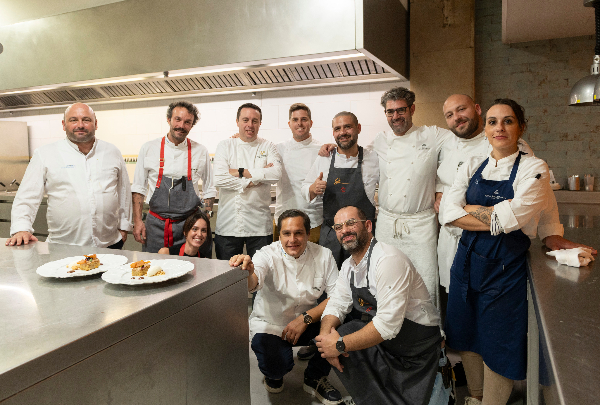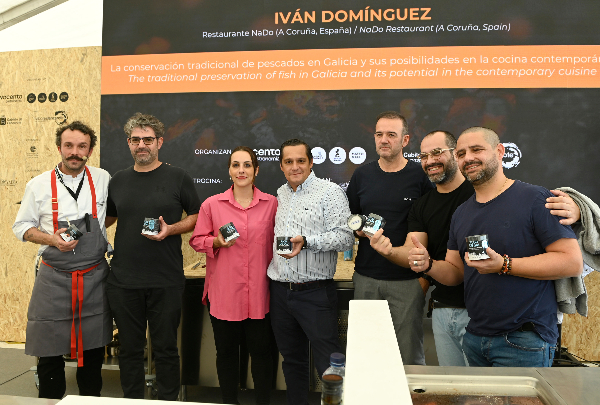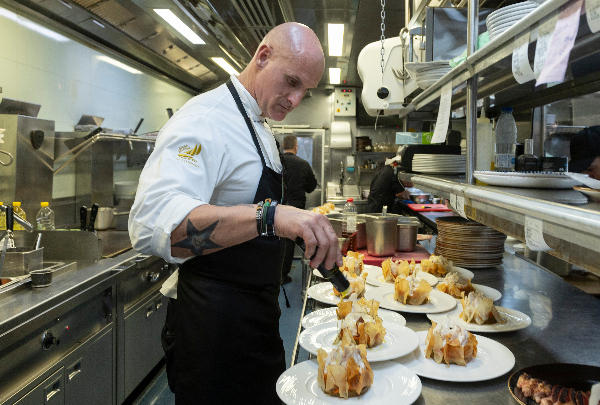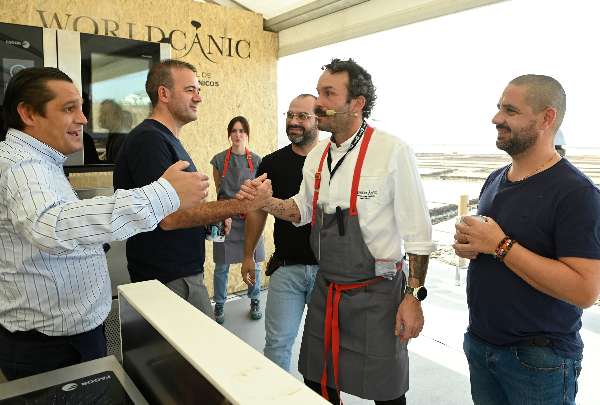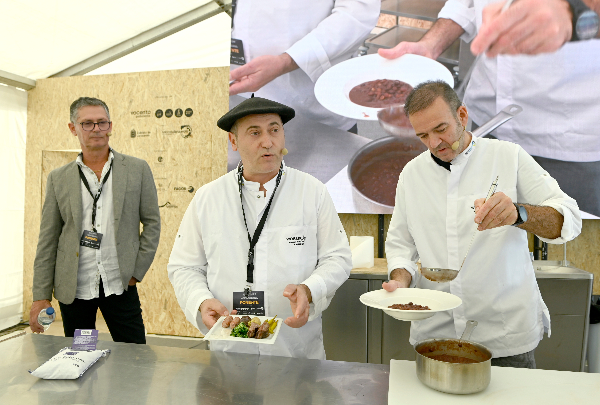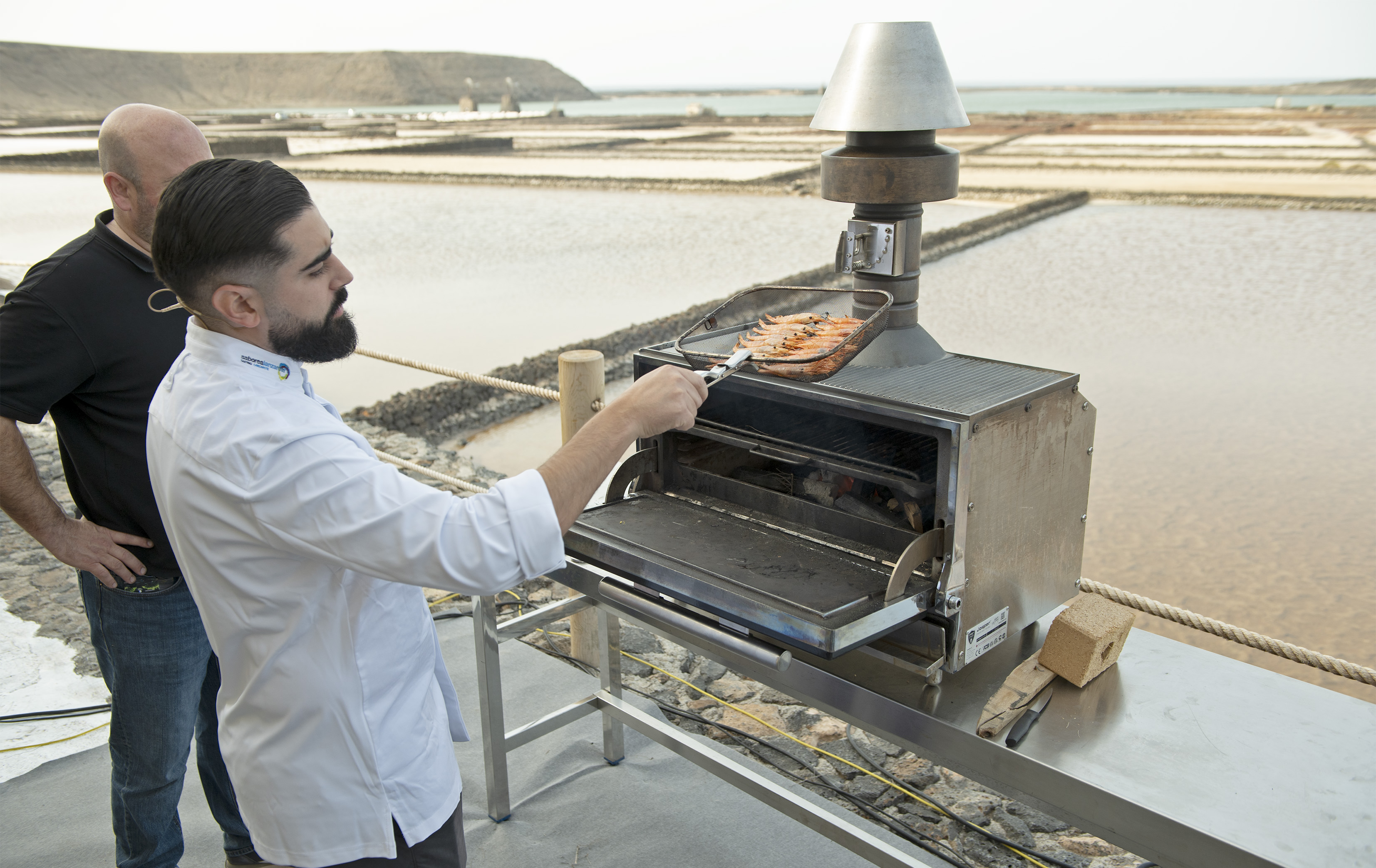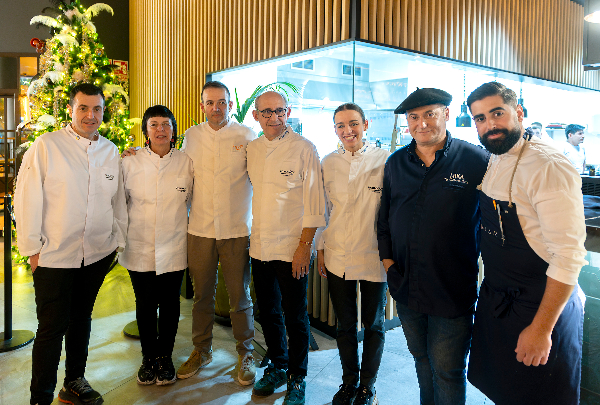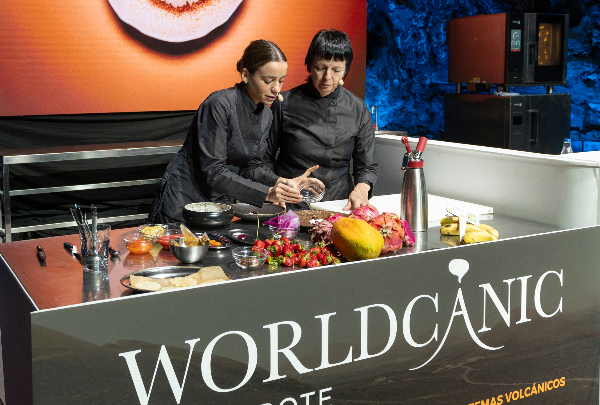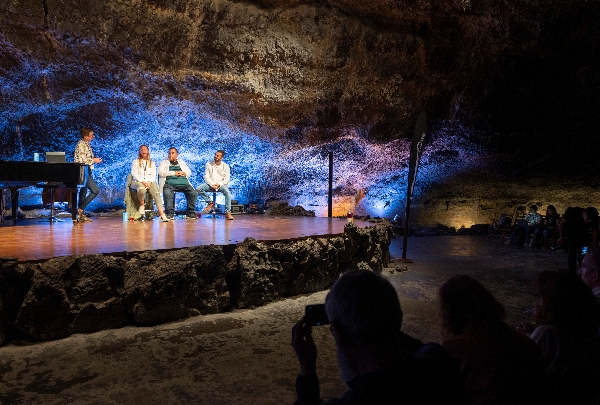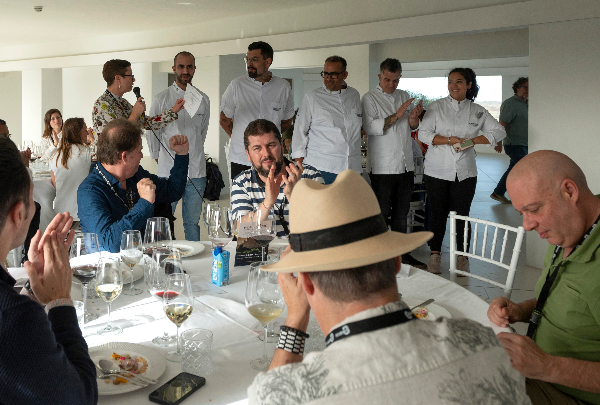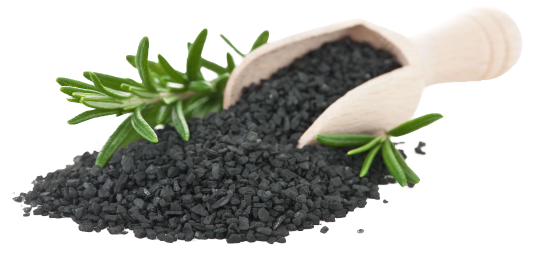News
"Volcanoes are destroyers, but they are also creators"
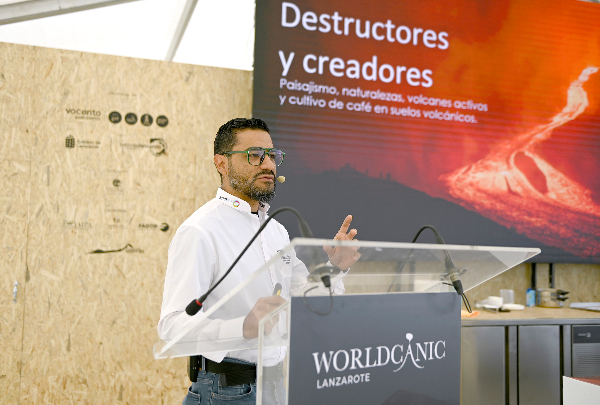
With passion and knowledge, photographer and populariser Diego Rizzo guides us through Guatemala's volcanoes, the creators of the country's exquisite coffee.
Situated on three tectonic faults and part of the Pacific Ring of Fire, Guatemala has more than 300 hot spots, although only 37 are classified as volcanoes. It is no surprise, then, that Guatemalan Diego Rizzo has turned his passion into a career, seeking out and immortalising the harrowing intensity of volcanic eruptions, achieving milestones such as being recognised by National Geographic and selected for NASA's Astronomy Picture Of The Day.
Diego has used part of his spectacular photographic arsenal to take audiences on an exciting visual journey, showing the beauty of places such as Lake Atitlán or those of Fuego, Santiaguito or Pacaya, three currently active volcanoes in his country. "Photography has given me the privilege of experiencing, but also of taking you there and showing you the richness that we have. Every photograph I take is a source of pride because it is the realisation of a dream I had in my head. And with each one I feel the same emotion as the first time," he explained.
This work, in addition to Diego's talent as a populariser, has also led him to establish himself as an expert guide, organising interesting expeditions that do not exclude "a certain controlled risk that is worth taking", he said, recalling the first time he photographed the spectacular Volcán de Fuego, "after six hours of climbing, carrying 40 kilos of equipment".
A speciality coffee from the volcano
With immense pride, Diego also told Worldcanic that volcanoes are directly responsible for the exceptional quality of his country's world-renowned coffee. "It is true that volcanoes are destroyers, but they also create many opportunities, as is the case with our coffee industry. The lava creates new soils and the ash makes other soils more fertile, providing an optimal environment for certain crops such as coffee," he argued.
Guatemala, the world's third largest "exporter of quality coffee", preserves traditional production techniques, "such as planting in layers on the slopes of volcanoes, together with shade trees to protect from sun and frost, and to provide minerals and fix nitrogen in the soil", as well as planting and harvesting by hand, "cutting only the ripe beans at each pass through the plant, which can be as many as four", he described. The result is an exquisite coffee, which conference delegates were able to sample thanks to ANACAFÉ, Guatemala's national coffee association.

